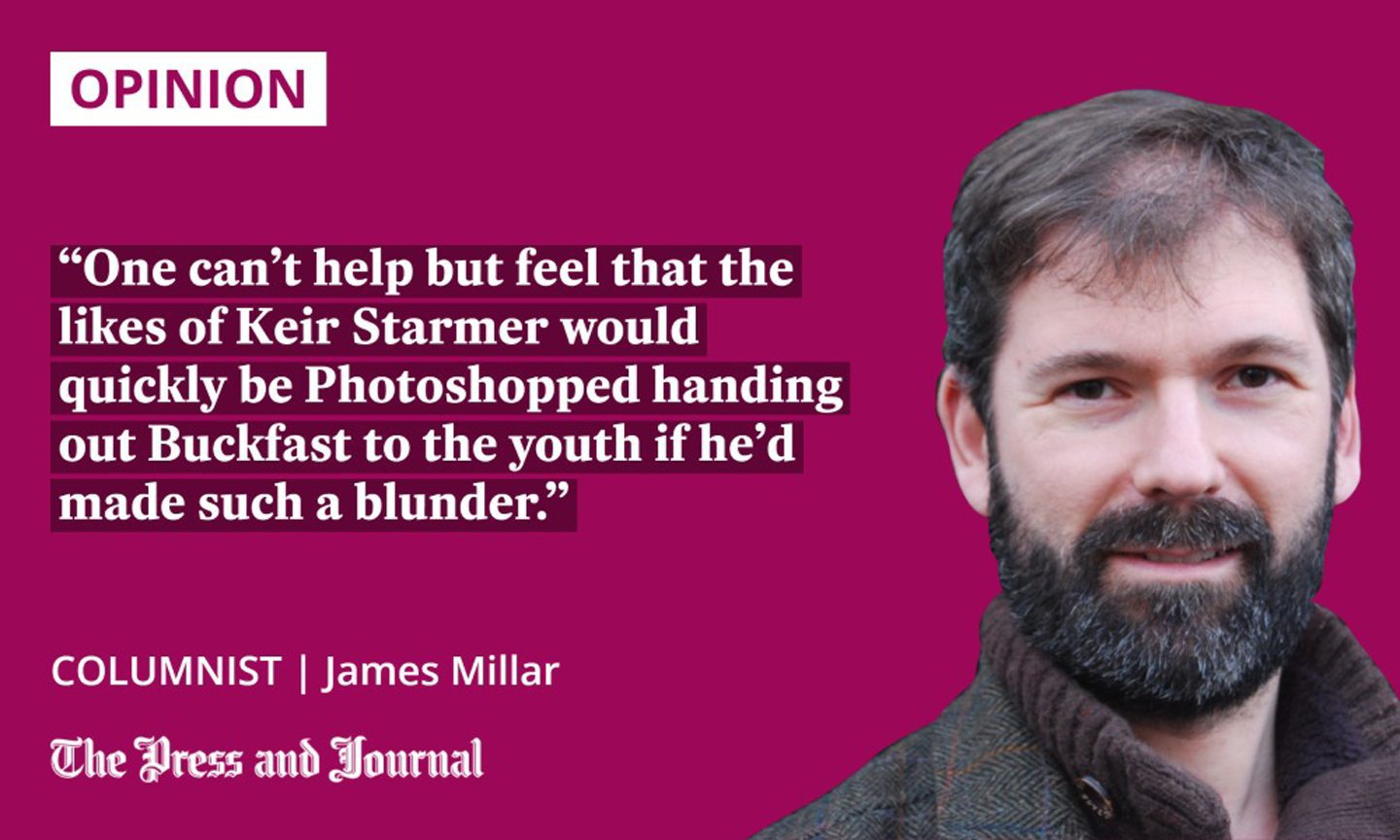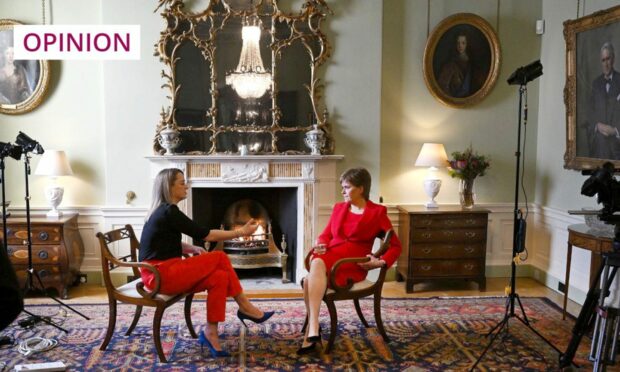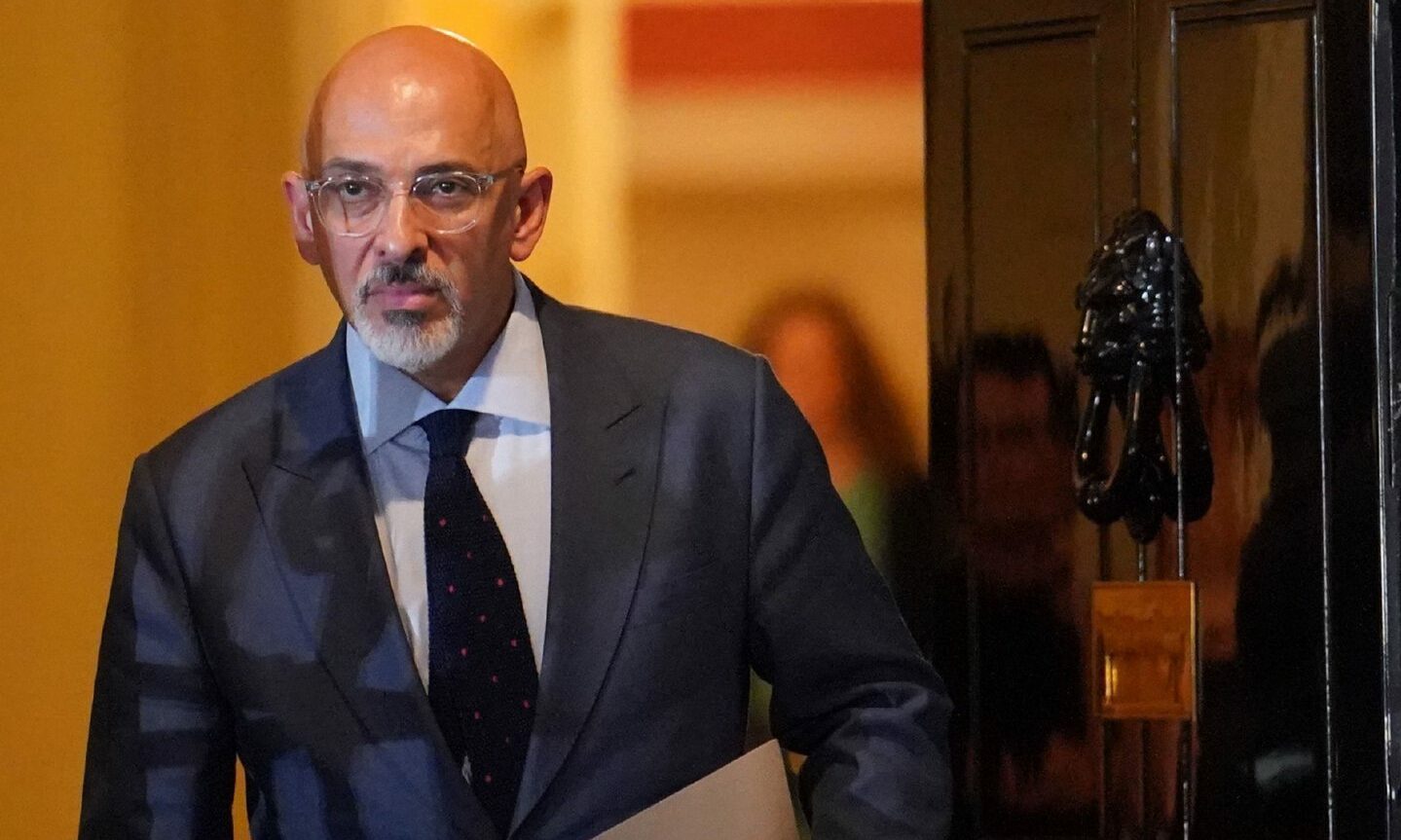The simplest explanation is usually the best one, and that’s worth remembering in the context of politics, writes James Millar.
It’s time to take Occam’s razor to Nicola Sturgeon’s career.
Occam’s razor is a philosophical concept dreamed up by a medieval monk, and has since translated into other fields, including science and medicine.
It boils down to this: “the simplest explanation is usually the best one”. (You use the “razor” to slice away complicating factors.)
It’s a close relative of the political maxim that, 99 times out of 100, the explanation is cock-up rather than conspiracy.

You can apply it to the latest sleaze row oozing out of Downing Street. Is Conservative Party chairman Nadhim Zahawi some sort of tax-dodging mastermind, or is he just a diddy with more money than he knows what to do with, who pursued too far the Tory orthodoxy that you ought to pay as little tax as possible?
It’s the latter. Because, if it was the former, he would’ve got away with it. So, the value of Occam’s razor in the political context is proved.
Could Sturgeon simply be doing what she feels is right?
When it comes to First Minister Nicola Sturgeon, last week’s constitutional stooshie over the Gender Reform Recognition (GRR) Bill offers a ripe opportunity to bring it to bear.
Why did the big questions about the interplay of the GRR Bill and the Equality Act go unanswered, and the news agenda quickly move on to Zahawi’s tax affairs and Boris Johnson’s chummy lunches with the man he made chairman of the BBC?
The simplest, and correct, answer is because too many in Westminster are more concerned with their own backyard over engaging with important issues that might decide the future of the union, and which involve only occasional characters in the political soap opera.
That’s not to say some interesting conversations weren’t taking place. The Westminster insiders I spoke to were applying Occam’s razor to Sturgeon’s decision to press on with GRR, and struggling with the conclusion it threw up.
Gender recognition and standing up for the transgender community brings little political gain, and the bust-up with Downing Street moves the independence cause forward only marginally, and potentially at a disproportionate cost in upsetting those who feel strongly that GRR is wrong-headed.
So, why did Sturgeon do it? Could it be that she believes it’s the right thing to do?
The fact that so many among the party machines in Westminster simply could not comprehend a leader pursuing a policy because it’s right and proper illustrates not just the political distance between London and Edinburgh, but how twisted the conduct of power can become over decades and centuries.
An uncharacteristic slip
In the same light, see Sturgeon’s weekend tweet correcting her own unusually loose language when, in an interview with Laura Kuenssberg, she appeared to moot lowering the age for consuming alcohol to 16.
Her correction was largely accepted in good faith by the Scottish body politic. One can’t help but feel that the likes of Keir Starmer would quickly be Photoshopped handing out Buckfast to the youth if he’d made such a blunder.
This was bad phrasing on my part – so not having a go at the BBC – but this is not what I meant. I meant that there are reasons why you can do some things at 16 and not others. I do not favour a review of the current age rules on alcohol https://t.co/iyRvZ5EfWr
— Nicola Sturgeon (@NicolaSturgeon) January 21, 2023
But the uncharacteristic slip by Sturgeon does invoke Occam’s razor once again. What is the most likely explanation? That she’s pursuing the teen tippler constituency in a desperate attempt to hit the 50% of the vote she needs to win the de facto referendum promised at either the next general election or next Scottish election?
(And, since 16-year-olds can only vote in the latter, that answer would suggest that the SNP will use their upcoming special conference to sack off next year’s general election and postpone the independence vote to the Holyrood elections in 2026.)
The FM isn’t facing defeat
Or is it that Sturgeon is running out of steam and stumbling towards the end of her time at the top? This argument is attractive, given that New Zealand prime minister Jacinda Adern quit last week after six years as PM, citing burn out.
The outcome of Occam’s razor is that Sturgeon just misspoke at the end of a busy week. It happens to us all
With Sturgeon clocking up over eight years as FM, it might be fair to assume that she too must flag, eventually. The vital difference is that Adern was facing electoral defeat this year. No one in Scotland is seriously suggesting Sturgeon won’t stroll to victory at whatever election might be next in her way. The only way to dent her record would be to put her up as the UK Eurovision entry.
She’s given no inkling she wants to vacate Bute House and, crucially, she’d have nothing to do if she did quit, beyond reading more books and bugging her successor. Sturgeon may be a standout politician, but her personal hinterland is somewhat lacking.
The outcome of Occam’s razor is that Sturgeon just misspoke at the end of a busy week. It happens to us all.
All of which is not to say that there are never political conspiracies, or that sometimes the explanation for unlikely events or policies in politics is always straightforward. But, in the absence of further evidence, it’s often worth reaching for Occam’s razor.
James Millar is a political commentator, author and a former Westminster correspondent for The Sunday Post













Conversation